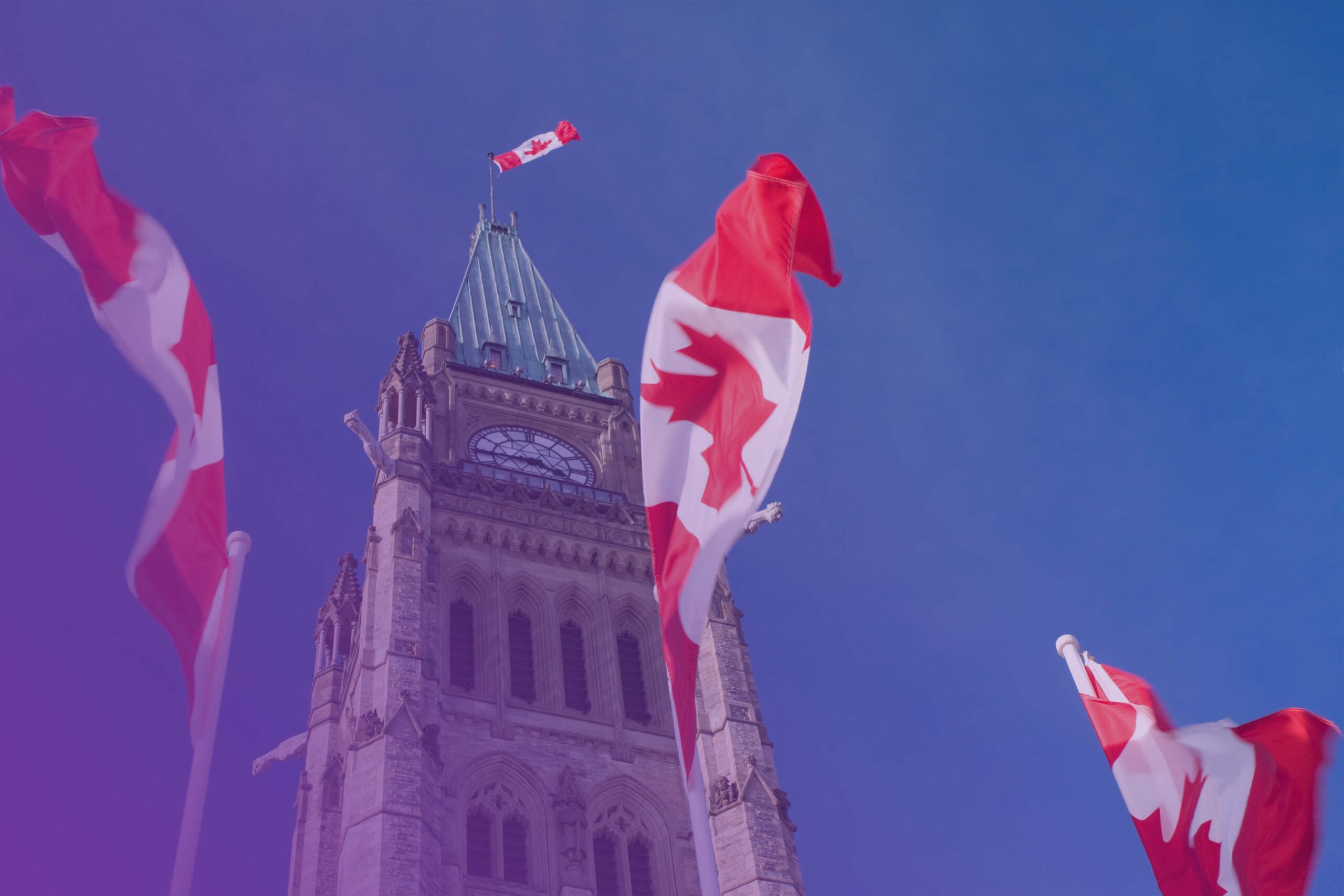Highlights from Crestview Strategy’s weekly Canada-wide newsletter:
Alberta
Healthcare oversight set to increase as Bill 22 is tabled
Bill 22, the Health Statutes Amendment Act is the most recently announced component of the Government of Alberta’s plan to refocus Alberta’s healthcare system. Significant changes to the Regional Health Authorities Act and the Health Information Act have been proposed along with the previously announced division of healthcare delivery into four pillars. The currently proposed pillars are acute care, primary care, continuing care, and mental health and addiction. All except for mental health and addiction are expected to report to Minister LaGrange. In the future, these pillars could theoretically report to other Ministers, as is the case for mental health and addiction which continues to report to Minister Dan Williams. The proposed restructuring would provide oversight over AHS and would have many current AHS employees transferred to new health agencies who would also report to the responsible Minister. Minister LaGrange has promised no job losses. The Alberta NDP Health Critic responsible for Emergency and Surgery Care, Dr. Luanne Metz, called the plan a “trainwreck” and argues that it will increase disruption in the healthcare system.
Atlantic Canada
Laura Lee Langley named next president of ACOA
Prime Minister Trudeau announced that Laura Lee Langley will be the next president of the Atlantic Canada Opportunities Agency, effective July 2nd. Earlier this week, Premier Houston announced Langley’s retirement after 27 years working for the Province of Nova Scotia. The longest serving Clerk of the Executive Council in Canada, she served under eight premiers during her career. Highly regarded, Langley has championed many positions during her career, including the belief that citizens, not bureaucrats or politicians, should be at the centre of public policy.
British Columbia
Canada squandering LNG export opportunities: EY
Discussing Canada’s potential as a significant player in the global natural gas market through LNG exports, the focus is on challenges and missed opportunities. Lance Mortlock, an expert in energy and mining, emphasizes the need for Canada to address regulatory issues to compete effectively with other LNG exporters, particularly the U.S. He underscores the economic and geopolitical importance of LNG exports, especially amidst Europe’s concerns about energy security following the Ukraine conflict. Mortlock questions why Canada hasn’t capitalized on the opportunity to supply clean gas to Europe, given Russia’s dominant yet precarious position as a major supplier. He points out the lengthy regulatory approval process in Canada compared to the U.S., which has hindered the development of LNG projects. Mortlock suggests that East Coast LNG projects, crucial for meeting Europe’s demand, face significant regulatory and political obstacles that may only be overcome with a change in government. He criticizes the current government’s stance on LNG and advocates for seizing international opportunities to export Canadian gas.
Ontario
Ontario Strengthening Cyber Security and Protecting People Online
Ontario has introduced legislation to provide new tools for cyber threat prevention and response in healthcare and education. The new bill, The Strengthening Cyber Security and Building Trust in the Public Sector Act, 2024, will also introduce new provisions for ethical artificial intelligence use in the public sector and strengthen the security of children’s personal information. The artificial intelligence principles underscored by the bill aim to ensure that the technology is used in a transparent, accountable, and ethical manner.
Ottawa
Poilievre calls for summer break from federal taxes on fuel
This week, Conservative Leader Pierre Poilievre called for a summer tax holiday on federal fuel charges, including the carbon tax, GST, and excise tax, to help Canadians struggling with high fuel costs. This proposal would suspend the federal carbon tax, GST, and excise tax on gasoline and diesel from Victoria Day to Labour Day, potentially reducing gas prices by 30 cents per litre in provinces where the federal carbon tax applies. Prime Minister Justin Trudeau responded by defending the carbon tax and the rebates offered to offset its cost, arguing that Poilievre’s plan undermines efforts to combat climate change. Trudeau accused Poilievre of lacking an environmental strategy.
Toronto
Toronto City Councillor Jaye Robinson has passed away
Toronto City Councillor Jaye Robinson, the four-term representative from North York, passed away last Thursday night surrounded by her family. She was 61.
Since 2010, Robinson served as the councillor for the Don Valley West ward and held the positions of chair for both the Toronto Transit Commission and the public works committee during her tenure. Described by her office as deeply dedicated to her constituents, she was a strong advocate on the city council and a cherished mentor to her team. Robinson had publicly announced in 2019 that she was undergoing treatment for breast cancer, although the cause of her death has not yet been disclosed.



